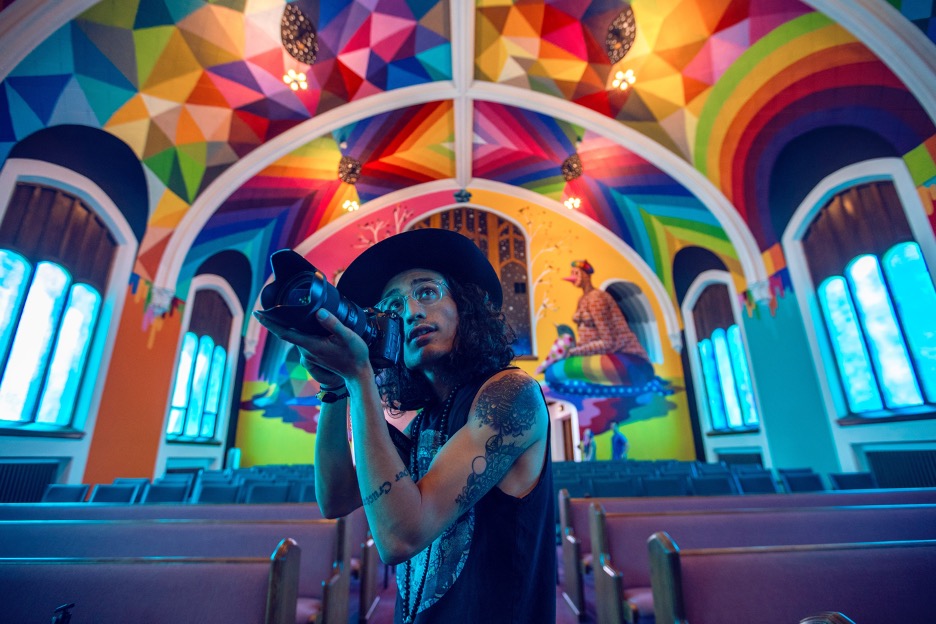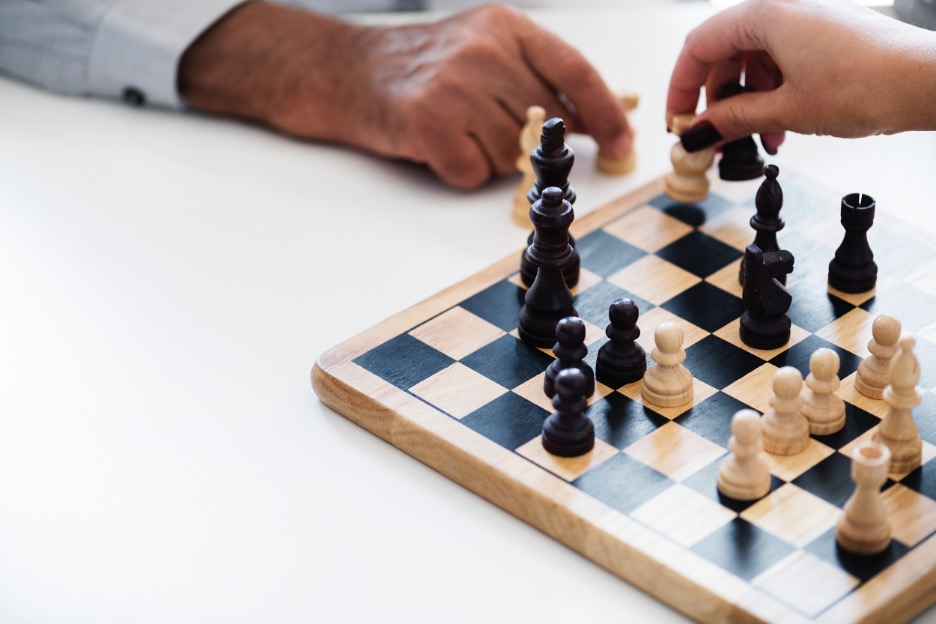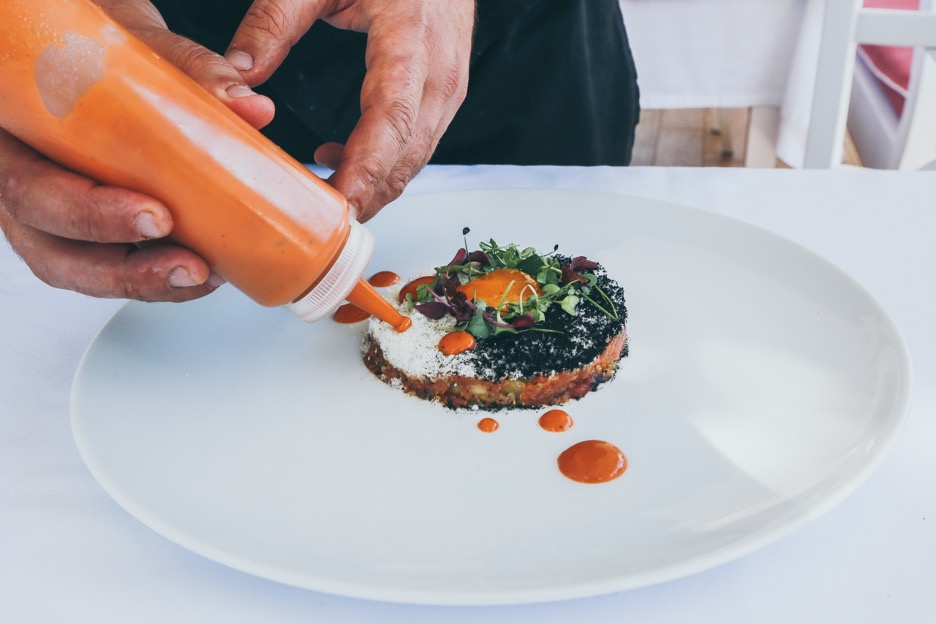Photo by Clark Tibbs on Unsplash
“The best way to predict the future is to create it.” -Peter Drucker
Ever since high school, I knew I wanted to be an entrepreneur.
But traditional education rewards a college degree into a stable job. If you want to be an entrepreneur, you do it on your own time and take a huge risk to start a company.
So that’s what I did. I completed the traditional core high school curriculum, got a finance degree and became an analyst in commercial banking. After three years, I left my job to officially become an entrepreneur. More than three years later, I’m very grateful to be doing what I love.
But every day, I think about what might have happened if I formally learned entrepreneurship in school.I think about how I could have started my first company even earlier than college. I think about all the lessons I could have learned and the skills I could have acquired more than 10 years earlier. I think about how these skills and lessons would have not only have made me a better entrepreneur but a better student, athlete, family member, friend, and human being.
And then, I think about all of the students today that just go through the motions because they are not engaged. Or worse yet, talented youth that aren’t wired to succeed in a traditional classroom learning environment, and end up believing they’re limited on what they can do for the rest of their lives.
If we continue to fall short on helping students reach their full potential, prominent issues in the United States will continue to haunt us, including the skills gap, income gap, high drug use, and crime rates.
Exposing more students to the possibility of entrepreneurship might be exactly what is needed.
Regardless of if they ultimately become entrepreneurs, intentional exposure to entrepreneurship helps students acquire the mindset and skills to become valuable employees, creative freelancers, and positive contributors to their community.
Entrepreneurship has forced me to learn invaluable lessons and build critical skills by the age of 31.
And my goal is to give younger students the opportunity to do this even sooner than I did.
3 critical skills any student can learn
Regardless of their disposition, personality, strengths, or future goals, entrepreneurship can teach any student how to:
Be creative
“If you’re not prepared to be wrong, you’ll never come up with anything original.” -Ken Robinson
Photo by Nicole Harrington on Unsplash

Instead of temporarily memorizing information, entrepreneurship teaches students how to come up with original ideas.
Instead of learning only how to consume information, entrepreneurship teaches students how to produce it themselves.
Instead of thinking there is only one way to get to the correct answer, entrepreneurship teaches students there are multiple ways.
Growing up I had a big fear of failure, and never wanted to make mistakes. This held me back in school, sports, extracurriculars, and even dating.
Entrepreneurship has taught me that failure is actually a required component of any process, especially any creative process.
The only way to avoid failure is to do nothing, and the more mistakes I make, the closer I am to success.
Author and entrepreneur James Altucher advise’s, “if you can’t come up with 10 ideas, come up with 20,” explaining that most of us put too much pressure on ourselves based on a perfectionist attitude. Now, I know it’s necessary and actually much faster to come up with several bad ideas before I get anywhere close to a good idea.
Author, speaker and education advisor Ken Robinson describe creativity as “a process; it’s not random.” In other words, there is no such thing as “creative vs. non-creative people.” “Non-creative” people just need to learn the process and practice creativity.
I wish I would have learned creativity required mistakes. I wish I would have learned that creativity isn’t random.
What if every student saw themselves as creative, and capable of creating original ideas? What if every student had the confidence to share their unique gifts with the world?
Problem-solve
“Every problem is a gift. Without them we wouldn’t grow.” -Tony Robbins
Photo by rawpixel on Unsplash
 Instead of being limited by constraints, entrepreneurship teaches students to ask probing questions and challenge assumptions.
Instead of being limited by constraints, entrepreneurship teaches students to ask probing questions and challenge assumptions.
Instead of working towards one right answer, entrepreneurship teaches students there are multiple right answers.
Instead of depending on luck and circumstances, entrepreneurship teaches students to overcome adversity and take responsibility for the outcomes of their lives.
As an entrepreneur, I’m forced to solve problems all day long. Why aren’t we getting more sales? How do I start a blog from scratch with no experience? How do we differentiate ourselves from the competition? How do I deliver this presentation without the slideshow?
There’s no teacher’s edition with the answers.
Being an entrepreneur has been the ultimate reinforcement for what’s called the extreme ownership mentality, coined by retired US Navy Seal Jocko Willink.
In essence, this mentality means I take the stance that I alone am responsible for the outcomes of my business and my life. I don’t blame other people, my background, the economy, the President, or anyone else for my problems. I take full responsibility, which gives me the power to overcome any obstacle.
I wish I had more opportunities to complete projects based on my interests, with fewer constraints and more uncertainty to simulate the real world. I wish I realized the power I had to fight through adversity and fix any problem.
What if students realized the unlimited power they have to improve their lives? What if they knew they could overcome any obstacle? What if they understood how much they could impact their community through kindness, volunteering, and entrepreneurship?
Earn money from their passions and strengths
“You can only become truly accomplished at something you love. Don’t make money your goal. Instead, pursue the things you love doing, and then do them so well that people can’t take their eyes off you.” -Maya Angelou
Photo by Nick Karvounis on Unsplash

Instead of thinking they need to wait until their educated to earn money, entrepreneurship teaches students they can start now.
Instead of believing success is getting a steady job once they graduate, entrepreneurship teaches students they can earn money from their passions and turn them into exciting and fulfilling careers.
Instead of learning money management on the fly when they become adults, entrepreneurship teaches students experiential financial literacy.
When I first learned about entrepreneurship, I thought I had to come up with a world-changing widget or invention to start a business. So I thought I only had two options: (1) turn a college degree into a safe career or (2) risk everything to come up with the next Facebook.
It wasn’t until I started a summer leadership camp in college that I realized a much more accessible and fulfilling form of entrepreneurship existed: providing value to others by leveraging your strengths and passions.
It’s how chefs, photographers, dancers, artists, and other creatives can make money doing what they love, even though most students are discouraged from turning these passions into careers. It’s how people create additional sources of income through freelancing using their unique strengths and skills.
I wish I would have known that I didn’t need years and years of expertise or the most incredible idea to get started sooner.
What if we could double, triple, or even 10x the number of students becoming legitimate entrepreneurs, solving problems in their communities? What if students could help their struggling families by freelancing to generate income?
A free resource for teaching entrepreneurship
Entrepreneurship has the power to show every student they can be creative, solve problems, and earn money off their passions and strengths.
Even if they don’t start companies, what impact could this have on them as individuals, and consequently our communities?
If you’re looking for some resources to teach entrepreneurship, my company has partnered with WAGI Labs to provide free entrepreneurship curriculum for ages 8-18.
Breakfast: Just coffee!
